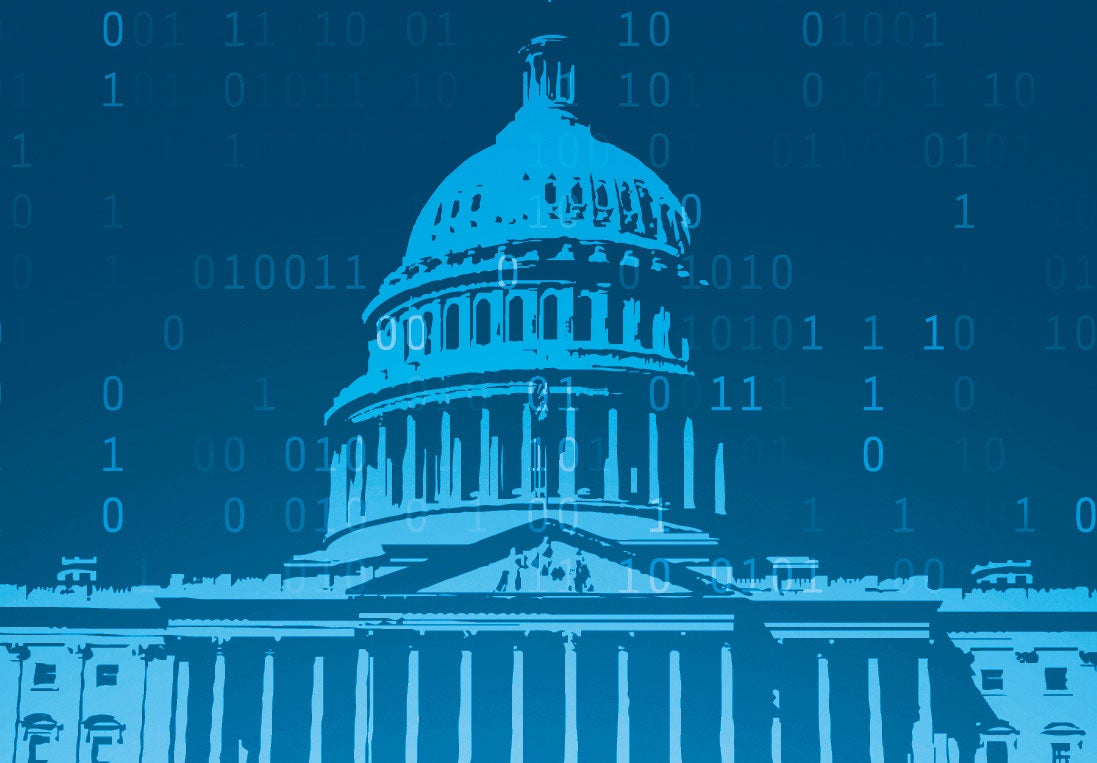- The AI State
- Posts
- AI Revamps the U.S. Government 🔴
AI Revamps the U.S. Government 🔴
+ AI Weapon Detection, AI Spyware, Ukraine's AI Drones
GLOBAL AI DEVELOPMENTS
The global race for AI implementation & improvement
Chinese AI firm iFlyTek soars to Europe as US-China tensions escalate
North American Solidarity: USMCA could help secure $3.5 trillion AI market against China
Is AI trying to pick a fight? Bias toward escalation plagues national security operations
Singapore files fraud charges against 3 in Nvidia chip scandal
India’s G20 sherpa says the AI race belongs to tech democratizers, not pricey models
REGULATION & SAFETY
Law, lobbying & potential risks
Labor Department investigates $14 billion AI data labeling giant Scale AI overpay practices
Anthropic warns Nobel-level AI could arrive by 2027, urges classified government channels
Trump to address Congress with AI deepfake victim among first lady’s guests
Slow your roll: AI safety concerns reduce speed on “move fast and break things” ethic
AI GOVERNANCE
The latest government programs & implementations
DEFENSE
Weapons, tech, research & contracts
State Department using AI to track pro-Palestinian social media posts by visa holders
Army deploys AI tool to remove DEI content from training materials
Power, hardware and skills: Strategic imperatives in the US-China AI race
OpenAI partners with U.S. National Laboratories on scientific research, nuclear weapons security
Ukraine’s future vision and current capabilities for waging AI-enabled autonomous warfare

Funding AI education, industry immersion, and career assistance to those who have served our nation.
What’s happening in AI policy right now
U.S. government ramps up AI implementation

Digital Fort Knox and political algorithms
The Trump administration's creation of a Strategic Bitcoin Reserve signals a striking shift in U.S. cryptocurrency policy. This "digital Fort Knox" will leverage existing government-held bitcoin from asset forfeitures, requiring no new taxpayer funding. With an estimated 200,000 bitcoin already in government possession, this initiative establishes bitcoin as a strategic national reserve asset and demonstrates growing institutional confidence in digital assets.
Meanwhile, the State Department has launched an AI-driven "Catch and Revoke" program to monitor social media posts of foreign students expressing pro-Palestinian views, potentially revoking their visas. This surveillance initiative raises profound questions about free speech, national security, and the use of AI in government surveillance systems.
The U.S. Army is deploying CamoGPT, an AI tool originally developed to enhance productivity, to identify and remove diversity and inclusion content from training materials. With approximately 4,000 daily users, this demonstrates how quickly AI tools can be repurposed to align with changing political directives.
Perhaps most ambitious is the Department of Government Efficiency's use of AI to guide federal budget cuts, aiming to reduce the deficit by $1 trillion. Led by Elon Musk, this approach mirrors his previous cost-cutting measures at Twitter. Experts warn of potential civil rights violations, biased decision-making, and security concerns from AI accessing sensitive government data systems.
AI development under scrutiny
The technological infrastructure supporting AI development faces increasing scrutiny. The Department of Labor's year-long investigation into Scale AI, a $14 billion data labeling startup, examines potential labor violations related to fair pay practices and working conditions. As a critical player in training sophisticated AI tools, Scale AI's fate could set precedents for how AI development companies structure their contributor relationships and compensation models.
The jobs that AI is hired to do
When government agencies "hire" AI, they're not simply purchasing technology—they're seeking to make specific progress in particular circumstances. Consider the different jobs that AI is currently being hired to do:
Surveillance and Monitoring: The State Department's "Catch and Revoke" program uses AI to identify potentially problematic social media content.
Content Analysis and Modification: The Army's CamoGPT reviews and identifies training materials that don't align with current policy directives.
Decision Support: The Department of Government Efficiency employs AI to guide budget-cutting decisions across federal agencies.
Asset Management: The Strategic Bitcoin Reserve leverages technology for managing digital assets as national resources.
The success of these initiatives will depend not just on the technology itself, but on how well it accomplishes the underlying job and addresses the full set of functional, social, and emotional dimensions involved.
When AI fails its job
The rapid advancement of AI capabilities increases the potential for failure when deployed for jobs it can't yet reliably perform. The Department of Government Efficiency's use of AI for budget decisions exemplifies this risk. Current AI systems lack the contextual understanding and ethical reasoning capabilities required for such complex decisions, potentially leading to significant disruption across federal agencies.
Similarly, the State Department's "Catch and Revoke" program may struggle with the nuanced task of distinguishing legitimate political expression from content that genuinely threatens national security. The consequences of these limitations could include civil liberties violations and unintended diplomatic consequences.
Looking beyond the horizon
These AI implementations across government represent just the beginning of a profound technological transformation that will likely follow a predictable pattern: initial deployment in niche applications, followed by steady improvement until they disrupt mainstream operations.
Following this trajectory, we might anticipate several developments:
Current AI surveillance tools deployed against specific groups could evolve into broader monitoring systems affecting wider populations.
AI budget analysis capabilities might expand from targeted cost-cutting to more comprehensive resource allocation, potentially shifting power from human policymakers to algorithmic systems.
The establishment of digital assets as strategic reserves could fundamentally alter international economic relations and monetary policy.
Labor practices in AI development will likely undergo significant formalization as regulatory scrutiny increases and legal precedents are established.
The question remains whether our governance structures and ethical frameworks will evolve quickly enough to channel these technological capabilities toward beneficial outcomes. The choices made about implementation, safeguards, and intended outcomes will determine whether AI serves as a tool for human flourishing or a mechanism for control and disruption.
How'd you like today's issue?Have any feedback to help us improve? We'd love to hear it! |